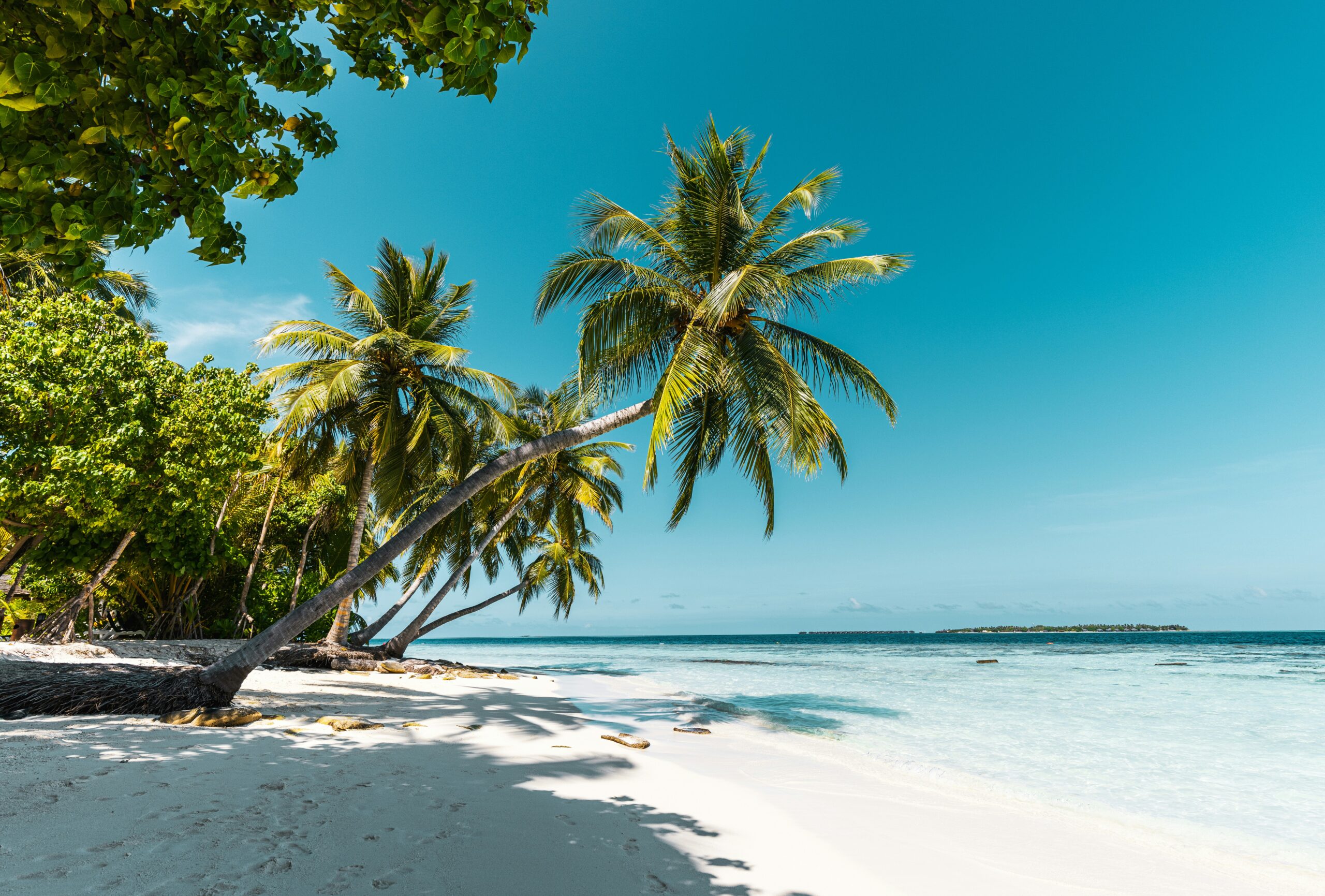Photo by Simon Spring
Following decades of sovereignty disputes and forced displacement, the government of Mauritius has announced plans to maintain a ban on commercial fishing across an area of the Indian Ocean larger than France, whilst establishing a groundbreaking marine protected area that explicitly incorporates cultural considerations and traditional fishing practices.
The Chagos Archipelago Marine Protected Area (CAMPA) represents a first-of-its-kind approach to ocean governance, developed with extensive input from Stanford University researchers, displaced Chagossian community members, and international partners. The protected area will be divided into four zones, including designated areas for community resettlement and sustainable artisanal fishing.
“Up until now, the cultural aspects involved in negotiating regional sovereignty have been framed within a human rights context, which is extremely important,” said Krish Seetah, associate professor of environmental social sciences at Stanford’s Doerr School of Sustainability. “However, as we move forward, we can really use science in an effective way to bring Chagossian knowledge and regional cultural heritage to bear on ocean governance for the marine protected area.”
The announcement marks a significant step towards resolving a protracted territorial dispute. Britain forcibly removed the Chagossian people from the archipelago despite granting independence to Mauritius in 1968, continuing to claim sovereignty over the islands. A UN tribunal subsequently ruled that Britain had illegally deprived Mauritius of fishing rights through the creation of a marine protected area around the Chagos Islands.
Stanford’s involvement began through the university’s Mauritian Archaeology and Cultural Heritage Project, with funding from the Big Ideas for Oceans programme supporting a working group that brought together displaced community members, scientists, government officials, and legal experts. In March 2025, researchers co-organised a conference at Stanford that brought researchers, community groups, government officials, and practitioners from across the Indian Ocean region to discuss the role of culture in securing a sustainable future for island communities.
“We are people who have our tradition, our culture, and we want to preserve it,” told attendees Chagos Refugee Group leader Olivier Bancoult during a keynote address at the conference. Bancoult and five other group members travelled from Mauritius to participate in discussions about safeguarding the region’s cultural heritage.
The protected area’s innovative zoning system includes provisions for fishing under sustainable quotas for artisanal, traditional, ceremonial, and subsistence purposes—a departure from conventional marine protected areas that typically exclude human activity entirely.
Professor Rob Dunbar, who co-leads the project, brought decades of climate-based research in the region, effectively providing expertise for planning how to mitigate climate change risks as part of repatriation to these fragile island ecosystems.
“Facilitating a space wherein communities can shape policies and decisions about their land, ocean, values, practices, and livelihood should be the norm,” said Josheena Naggea, Earth system science postdoctoral scholar at Stanford. “We are able to witness a powerful example of that through this work on the Chagos marine protected area.”
The establishment of CAMPA awaits resolution of the sovereignty transfer, with the UK having agreed to return the archipelago to Mauritius whilst maintaining a joint UK-US military base on Diego Garcia. The timeline has faced delays due to debate within the British government and concerns from some scientists about conservation implications.
